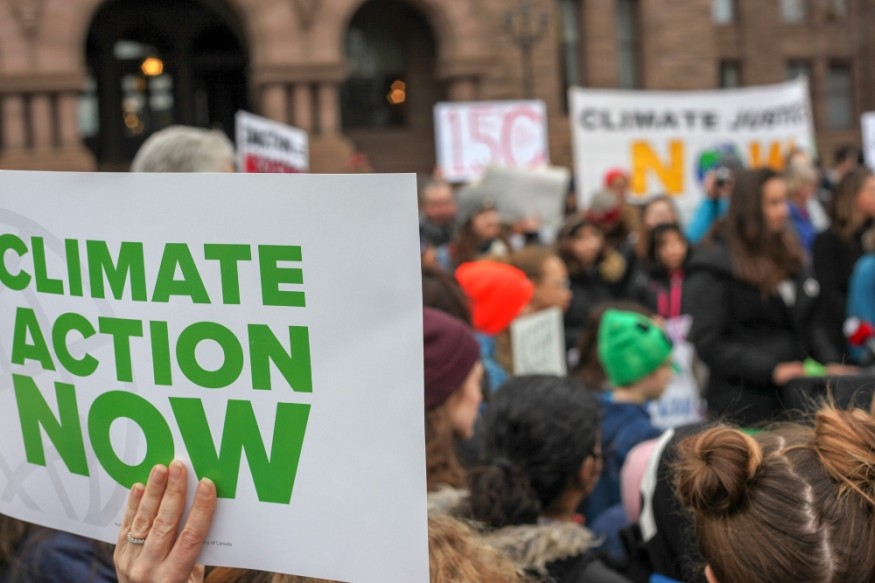Columbia Is Latin America's Deadliest Country for Environmental Activists

Choosing to fight for the environment in a developing country is like giving yourself a death sentence. With 24 killings in 2018, Columbia is considered the most dangerous country for environmental activists in Latin America and the second deadliest in the world. The Philippines topped the list with 30 environmental activists killed in 2018.
Latino Rebels reports, these numbers are based on official records, meaning, they don't include the disappearances or unregistered assassinations.
Environmentalists in developed countries are calling for action on planetary issues in general such as climate change, pollution, greenhouse gas emissions, and rising sea levels. In 2019, environmentalism has grown tremendously, gaining the support of millions of people. The global movement Extinction Rebellion and many other climate strikes have driven people, even those who live their lives of relative affluence, are advocating for fresh water and clean air. These movements can be seen on multiple platforms as it caught the attention of media around the globe.
But for environmentalists in Barrancabermeja, Columbia, which hosts the country's largest petroleum refinery, the local problems in the community are worth their protests. The degradation of the local environment and the direct threat to human health are closely linked as residents are confronted by the lack of sanitation, absence of safe potable water and the deforestation caused by palm oil industries.
The plight of environmental activists for safe drinking water began not long after the refinery was established. For over 100 years, the government as well as the private sector have turned a blind eye from the plea of the community as various industries in the area are still contaminating bodies of water which irrigate the surrounding cattle farms. These cattle were found to show signs of high levels of heavy metals. There is also an issue of the lack of plumbing which deprived many communities with running water and sewage treatment.
In this urban side of Colombia, environmentalism has endured through decades of violence and intimidation: There were the general city strikes of 1963 and 1970s fighting against pollution and lack of safe drinking water which remains a relevant issue until the present day. This resulted to the consecutive murders, bullying and intimidation of environmental leaders. Many are forced to abandon their homes and seek political refuge from other countries.
In a report by Reuters, President Ivan Duque, who is being pressured by the international community to confront threats and murders, said that the group behind the killings are the active National Liberation Army (ELN) rebels along with crime gangs and dissident Forces of Colombia (FARC) guerrillas who refused to demobilize after the peace agreements with the government. According to him, all of them are fighting for control of lucrative drug production and illegal mining areas previously under the FARC domain.
Duque claimed the killing of activists fell 35% during his first year in office and has made repeated promises to solve the issue.
"We want to completely end this tragedy and confront all the criminals that are behind it," Duque told Congress last July.
Subscribe to Latin Post!
Sign up for our free newsletter for the Latest coverage!

















